Table of Contents[Hide][Show]
I still remember my shocking discovery in the first year of my career in esthetics. It felt like a bubble popped when I realized popular opinion believed organic, natural or holistic skin care was nothing more than a hippie home remedy concept.
Even some of the students studying beside me at the Aveda Institute needed to be convinced the products would effectively create changes in the skin. Crazy, right?
This was in 2008, so recent you have to remember this too. Yes? Or has it become so mainstream you’ve forgotten? Isn’t that an interesting prospect — how quickly what is “normal” changes? Think about Kale: it was a garnish no one ever ate, most often seen at budget buffets! Kale has come a long way, and so has the belief and research behind natural skin care ingredients.
A Switch to Organic
Leap forward, 5 years into my career as a holistic esthetician, I was overjoyed to see the organic movement really begin to take off, right around 2013. Here we are another 6 years later, 2019.
What was once seen as hippie home remedies are sought after by the masses, fill grocery store shelves, celebrities spearhead organic brands and clinics struggle to keep up with the research and development demands of the natural skin care market.
5 little known skin care ingredients that will hit the mainstream soon
The public has been educated and toxin-filled products are no longer acceptable. With a clear focus on organic, the natural skin care product market is constantly researching the latest ingredient that will set a brand apart.
Here are 5 of the hottest ingredients right now that will be mainstream in 5 years — or less!
1. HEMP OIL (CBD)
Hemp was once primarily known as a textile ingredient that was a conscious alternative to cotton. The hemp plant has evolved. No longer only known as a textile or a part of an illegal substance, hemp oil has been successfully extracted with no psychoactive elements.
Hemp Oil has been proven to be rich in omega-3 and omega-6 fatty acids which help regenerate skin’s protective outer layer.
Additionally, the component CBD has been extracted and approved for medical use to effectively treat patients suffering from seizures. The topical skin care benefits of this wonder ingredient were not far behind and science is still researching a compiling data to support a numerous list of benefits. Read the beginners guide to CBD to get the full scoop.
Hemp for your skin
The latest findings show that Hemp oil for skin and CBD offer incredible skin care benefits. CBD is an antioxidant even more powerful than Vitamin C, E, A, or Omega 3 fatty acids.
Researchers have even begun looking into using cannabinoids (CBD and other components within the hemp plant) on patients with psoriasis.
Acne / Dry Skin
CBD can inhibit the lipid production in skin cells, making it an effective preventative for acne. However, manipulating this system can also be used to increase output of sebum as well to prevent dry skin issues.
2. TREMELLA MUSHROOM
Tremella is a genus of fungi in the family Tremellacea that has water-retention capabilities supposedly superior to hyaluronic acid which holds more than 1,000 times its weight in water.
The ultimate hydrator
This makes Tremella the ultimate hydration ingredient for the skin. This is the first hydration ingredient found to rival Hyaluronic Acid, a known anti-aging buzzword in the industry. Not only is the jelly-like fungi a water binding ingredient, it is also source of vitamin D, a free radical scavenger.
It’s been shown to lighten the appearance of skin, and it’s moisturizing effects make them ideal candidates for cosmetics products.
Want to try Tremella? Find this magical ingredient in the Probiotic Skin Serum and learn more about it here.
3. KAKADU PLUM
What exactly is Kakadu plum? It is a native Australian fruit that’s rich in vitamin C. Although it is called a plum, it is actually more closely related to the almond.
Vitamin C Powerhouse
Data from Food Chemistry and the U.S. Department of Agriculture suggests that Kakadu plum contains 55 times more vitamin C than a Florida orange. Other data has surfaced that shows Kakadu Plums can contain 3000mg of Vitamin C per 100g of fruit. This is more than fifty times the amount found in oranges! This magical fruit is a powerhouse of Vitamin C which is a known antioxidant, and brightens the appearance of skin.
In addition to Vitamin C, this little fruit contains Vitamin E, a phytochemical called gallic acid that calms the skin’s appearance and the minerals zinc, iron, lutein and folate, all of which are essential for a healthy complexion.
Want to try Kakadu Plum?
You can find this magical ingredient within the Wild Fruit Serum, your powerful anti-aging elixir of choice.
4. PLANT STEM CELLS
While stem cells aren’t exactly new to skin care, expect plant stem cells (a vegan alternative) to set the skin care industry ablaze. Restrictions on the use of animals and humans in cosmetics have turned interest toward plants.
Similar to animals, the stem cells in plants have properties that help stimulate and regenerate plants after injury.
how do they work?
Animal stem cells are specialized to a specific body competent (example: liver stem cells build the liver but do not build the heart). In contrast, plant stem cells are more adaptable and able to establish stem cell niches in new locations building different parts of the plant. This difference is what makes plant cells application for human skin a real possibility.
One company, XtemCell, found in clinical testing proof that the active cells used in XtemCell’s products are easily absorbed into the outermost cells of the epidermis, allowing almost instantaneous nutrient absorption and an increase in the skin’s level of proteins to protect the skin from environmental stressors when applied.
how we use plant stem cells
These can be found in the Citrus Stem Cell Serum – an elixir of the most nutritive and cutting edge-ingredients.
5. PROBIOTICS
No longer just for your gut, probiotics have been sneaking up in the skincare market as an addition to take note of and will soon be an ingredient our skin care won’t be able to live without.
probiotics for my skin?
So, how do probiotics work on the skin? It’s important to know that the skin’s surface is a multifaceted environment, almost like a city of living things populating and working in every part of it.
Even though the top layers of skin are dead, there’s an abundant population of microflora thriving there, affecting skin’s appearance, youthful or otherwise, every day. This is skin’s microbiome, and keeping it in balance is among the more fascinating parts of how probiotics for skin work.
What to look for from probiotics?
Probiotics in skincare products demand careful formulation due to their inherent instability; they’re very fragile and deteriorate easily. This means no dropper bottle type packaging (light and air cause them to break down faster) and buying products only from brands that have a good understanding of how probiotics work is imperative.
Knowing which formulary techniques are necessary is essential to getting the best possible results when using probiotics on the skin.
your probiotic dose
If you’re interested in giving probiotics a try you can find them in the Probiotic Serum – this unique blend also have the above mentioned Tremella so you can get double the cutting edge ingredient fix in one product.
What else?
Some additional ingredients that met the top 10 but weren’t listed here are Turmeric and Charcoal (not chosen simply because I feel the above 5 are more likely to stick around the next 5 years).
References:
9 Weird Beauty Ingredients You’re Going to See Everywhere In 2018
HOW CBD HEMP OIL WORKS FOR SKIN CARE
Cannabidiol and (−)Δ9-tetrahydrocannabinol are neuroprotective antioxidants
Cannabidiol exerts sebostatic and antiinflammatory effects on human sebocytes.
Efficacy of dietary hempseed oil in patients with atopic dermatitis.
Cannabis for Refractory Psoriasis-High Hopes for a Novel Treatment and a Literature Review.
Tremella – A natural alternative to sodium hyaluronate
Mushroom Cosmetics: The Present and Future
Is Kakadu Plum the Newest Must-Have Beauty Ingredient?
Plant stem cells in cosmetics: current trends and future directions
Everything You Need to Know About Probiotics and Skin

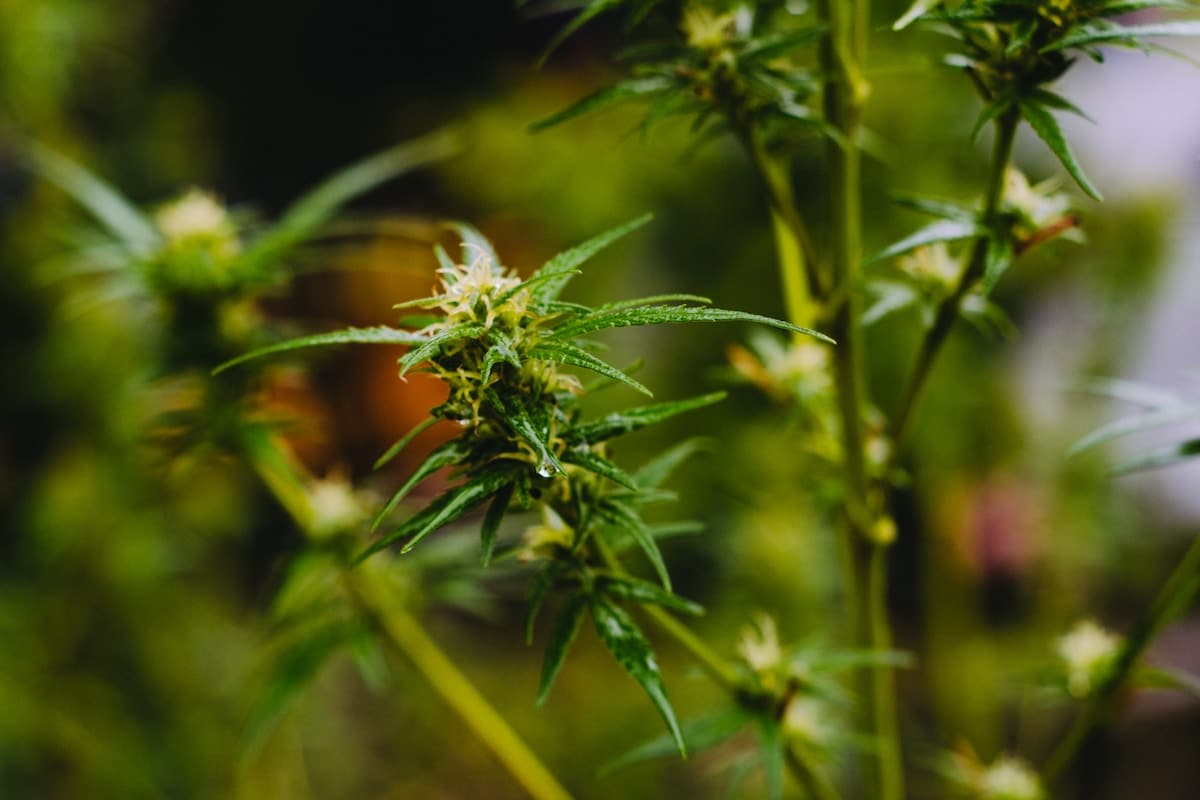
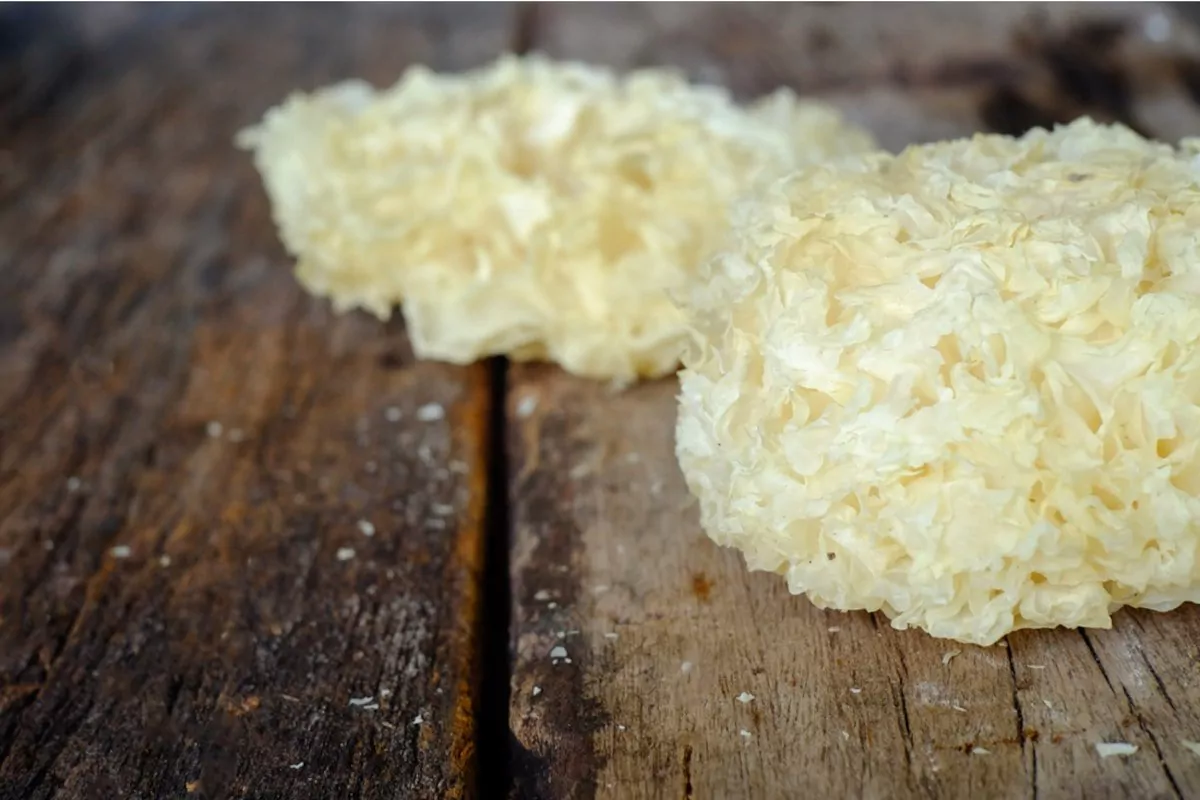
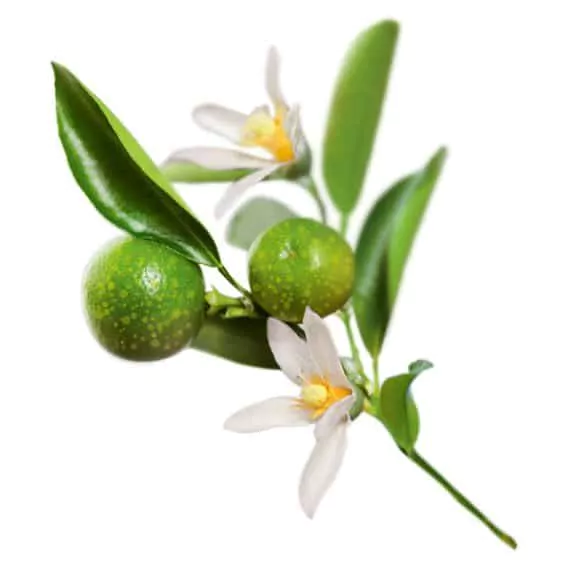

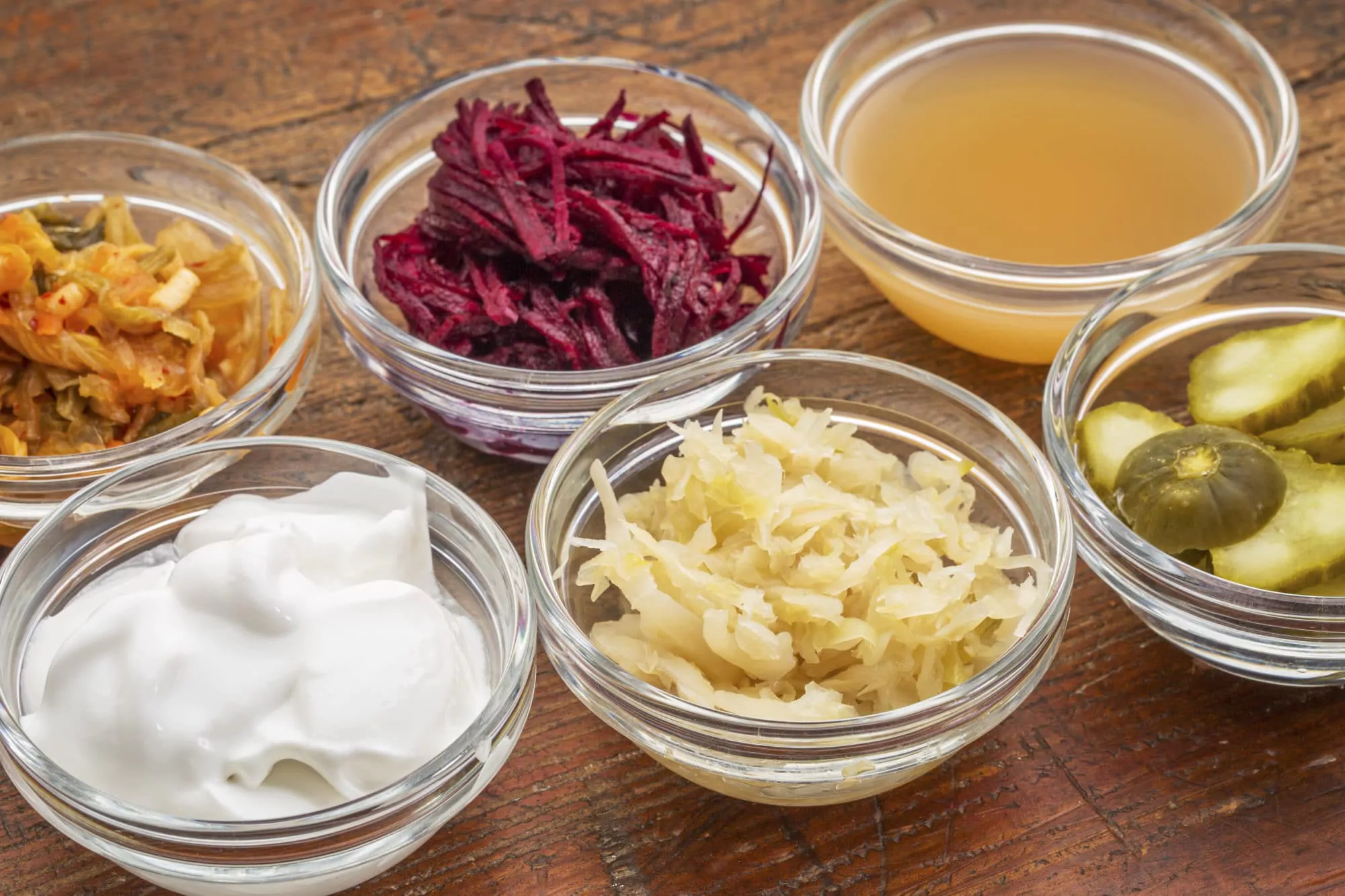

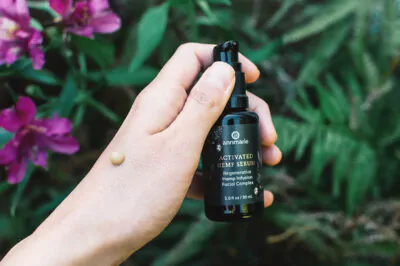
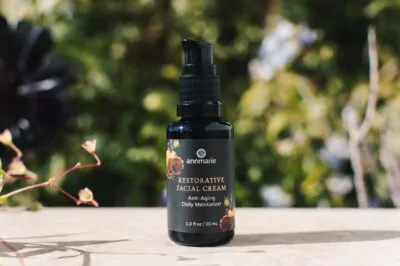
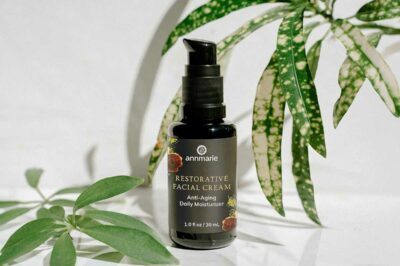



What about argan oil? I discovered it recently at Trader Joe’s and have been pretty impressed with it, particularly since it was not a from a high priced source.